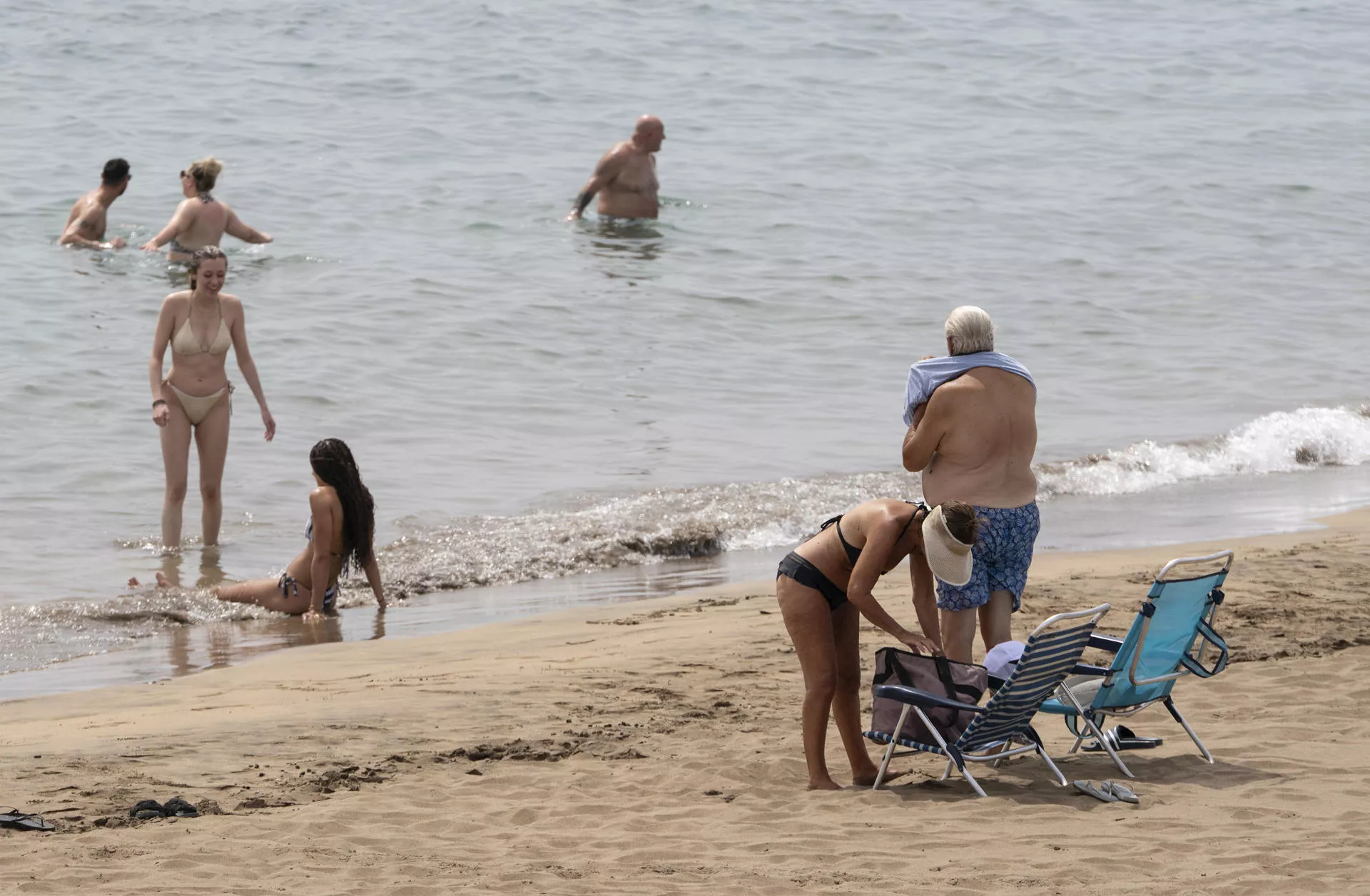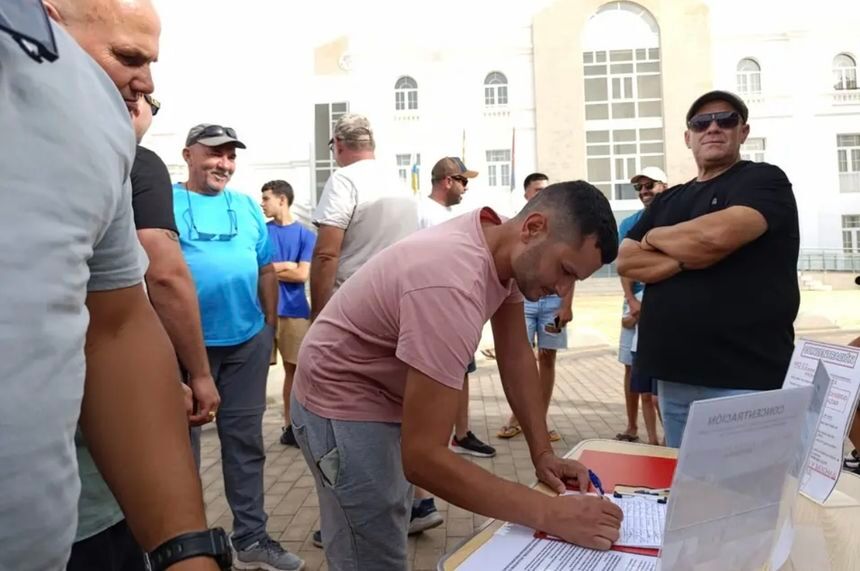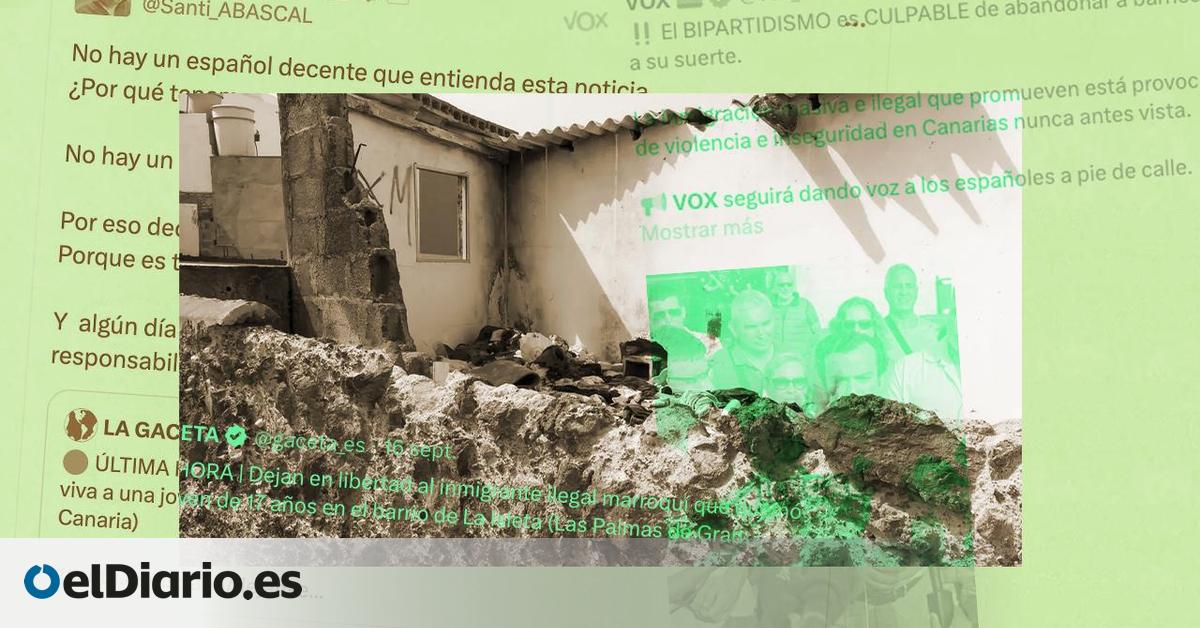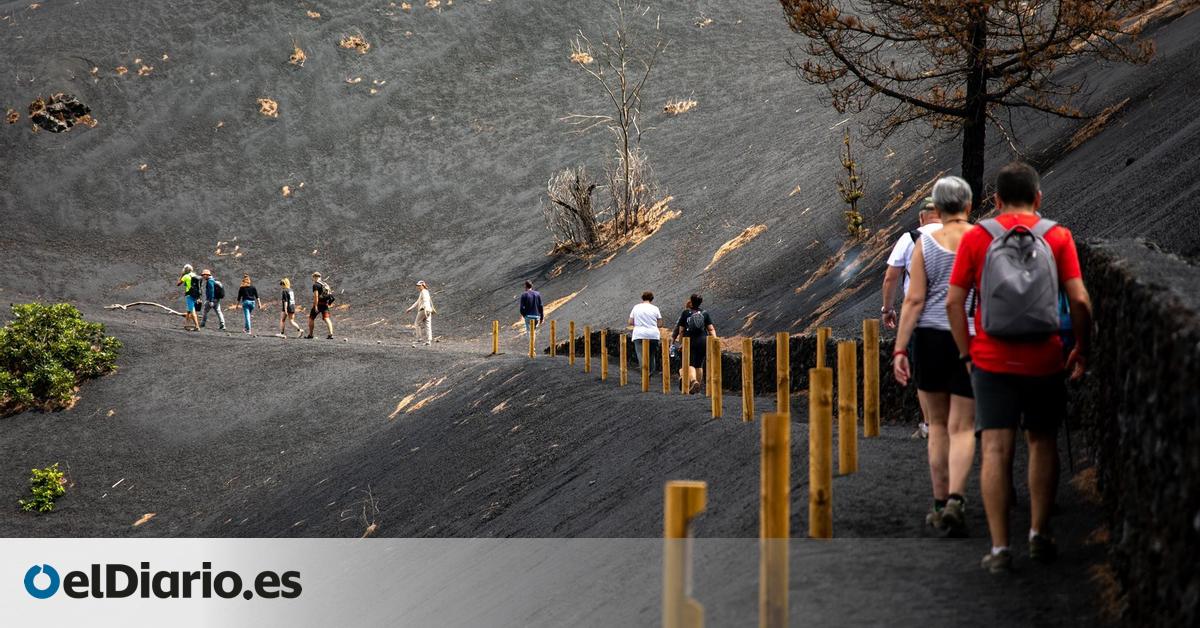The Increasing DEA Presence in the Canary Islands: A Double-Edged Sword

The active presence of the DEA in the Canary Islands can be interpreted as a dual message: it signifies cooperation against a common threat, but it also serves as a subtle reminder of American hegemony in the Eastern Atlantic and of Spain’s ongoing strategic dependence.
Geostrategic Value and Drug Trafficking
The Canary archipelago, a strategic bridge between three continents, has seen its geostrategic value overshadowed by a sinister shadow in 2025: its consolidation as one of the primary gateways for cocaine into Europe. Beyond drug trafficking, the islands have become an involuntary hostage in a complex geopolitical game where anti-drug efforts serve as a pretext for foreign influence expansion. The recent wave of police operations unveils an uncomfortable reality: the Canary Islands are ensnared in a web of transnational interests that compromise their autonomy and security, with the US DEA playing a prominent role reminiscent of intervention strategies seen in Latin America.
The Turning Point: Operation Blood Ties-Bucarte
This pivotal moment occurred in September with Operation Blood Ties-Bucarte. Conducted by the National Police and Civil Guard with vital support from the DEA, Europol, and other agencies, the operation dismantled a network based in the Bucarte neighbourhood (Las Palmas) that was trafficking hashish and cocaine from South America. The statistics speak for themselves: 18 arrests, 200 kilos of cocaine seized, 14 properties, 38 luxury vehicles, and 24 vessels impounded. However, a brutal act of violence highlighted the true depth of criminal penetration. On 12 March 2025, the wife and child of “El del Buque,” a suspected member of the network, were kidnapped from his luxurious home in El Salobre (Gran Canaria). Their release reportedly came at a price of over 300,000 euros in cryptocurrency, in an apparent settling of scores. This incident demonstrated that drug trafficking not only involves the exchange of goods but also imports violence, instilling fear and exposing the civilian population to the conflicts of transnational organisations.
Patterns of Violence and Operations
This is not an isolated incident. Operations such as Silbo, which in 2024 intercepted 1,600 kilos of cocaine linked to a Mexican cartel with arrests made in 2025 in Tenerife and La Gomera, or the interception of the tugboat Sky White with 3,000 kilos of cocaine to the west of the islands in August 2025, confirm a troubling pattern. Each shares a common denominator: initial intelligence provided by American agencies, primarily the DEA. Their increasing and visible presence in these operations is not incidental. Although lacking official jurisdiction in Spain and having no permanent offices in the islands, their role is disproportionate. This reflects Washington’s strategic interest in a maritime enclave critical to Atlantic routes and NATO’s energy and military security.
A Historical Perspective on Drug Policy
The formula is well-known. In Latin America, the DEA has historically acted as an extension of US foreign policy, using the war on drugs to justify interventions and pressure uncomfortable governments. The situation in Venezuela and the narrative surrounding the Cartel of the Suns to delegitimise Maduro’s government serves as a paradigmatic example. In the Canary Islands, history repeats itself with alarming nuances. The archipelago becomes a geopolitical hostage wherein the DEA’s “anti-drug cooperation” operates as a double-edged sword: it is a necessary resource for overwhelmed local police, yet also a potent instrument of influence and control. This scenario is amplified by the current diplomatic rift between Pedro Sánchez’s government and Washington, exacerbated by Spain’s critical stance on the genocide in Gaza and its recognition of the Palestinian state.
A Geopolitical Chessboard
In this climate of tension, the active presence of the DEA in the Canary Islands can be perceived as a dual message: it is cooperation against a common threat, but it also serves as a subtle reminder of American dominance in the Eastern Atlantic and of Spain’s sustained strategic dependence. Each seized shipment represents a police success but also symptomatises a deeper, more concerning dynamic. The Canary Islands are not merely fighting a battle against organised crime; they are a piece on a geopolitical chessboard where their national security is negotiated and instrumentalised. The reliance on foreign intelligence, imported violence, and the quiet influence of agencies like the DEA place the islands at an existential risk: the risk of becoming a laboratory where international cooperation mutates into a mechanism of external pressure and control. Far from its image as a tourist paradise, the Canary Islands today stand as a strategic epicentre, with its sovereignty hanging by a thread, caught between the urgent fight against drug trafficking and the long shadow of relentless geopolitics.













